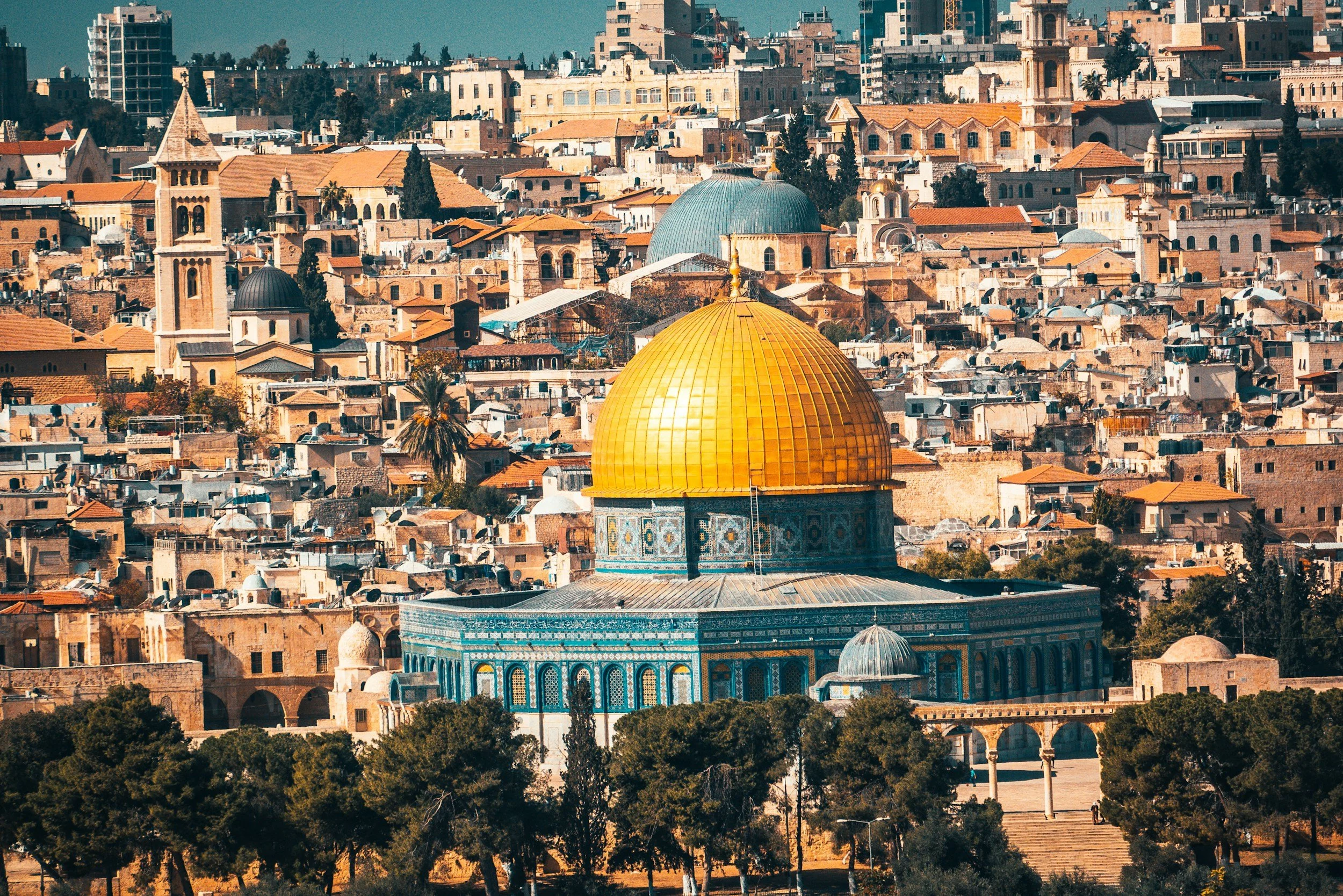The Pontifical Academy for Life has been surrounded by scandal in recent years, particularly in the past 12 months. During that time, a slew of pro abortion tweets uncovered by Catholic Arena found that some of the new nominees to the Academy were staunch supporters of abortion and in some cases strong critics of the church.
Il Riformista reported words of Vincenzo Paglia, head of the Pontifical Academy for Life. Their transcript has led to outrage online from those who see yet another scandal brewing, only days after a Freemasonic Anglican scandal rocked Rome.
We present his comments without comment, you can decide for yourself what to think of them. In particular, read the last paragraph.
First of all, I would like to point out that the Catholic Church does not have a package of ready-to-wear, ready-made truths, as if it were a distributor of pills of truth. Theological thought evolves in history, in dialogue with the Magisterium and with the experience of the People of God (sensus fidei fidelium), in a dynamic of mutual enrichment. The Church's intervention and witness, inasmuch as she too participates in public, intellectual, political and juridical debate, is situated on the level of culture and dialogue between consciences. The contribution of Christians is given within the different cultures, neither above – as if they possessed a truth given a priori – nor below – as if believers were bearers of a respectable opinion, but detached from history, "dogmatic" precisely, therefore unacceptable –. Between believers and non-believers there is a relationship of mutual learning.
Let us think, for example, of what happened with the question of the death penalty: because of the change in cultural and social conditions, because of the maturation of reflection on rights, the Pope modified the catechism. Whereas before it was not excluded that there were circumstances for which it could be legitimate, today we no longer consider it admissible, under any circumstances. As believers, therefore, we ask ourselves the same questions that concern everyone, in the awareness that we are in a pluralistic democratic society. In this case, with regard to the end of (earthly) life, we find ourselves like everyone else faced with a common question: how is it possible to reach (together) the best way to articulate the good (ethical level) and the just (juridical level), for each one and for society?
To answer this question, a first fundamental point is how we understand freedom. Theological reflection has developed a conception of the person that starts from a recognizable datum for all, that is, that we are inserted from the beginning in a context of relationships that makes us in solidarity with one another. Our personal identity is structurally relational. We have noticed this with almost brutal evidence during the pandemic: everyone's behaviors have (had) repercussions on others. We are all interdependent, linked to each other.
Even human life, which each of us (as generated) receives from others, is therefore not reducible only to the object of a decision that is limited to the private and individual sphere: we are responsible for it towards others, on whom our choices have an impact (and vice versa). Human freedom, in order to exercise itself correctly, must take into account the conditions that have enabled it to emerge and assume them in its work: inasmuch as it is preceded by others, it is responsible to them. That is why self-determination is fundamental, but at the same time it is not absolute, but always relative (to others). As for decisions about dying, this does not mean returning to the old medical paternalism, but rather emphasizing an interpretation of relational and responsible autonomy.
Abstractly accentuating self-determination leads to underestimating the mutual influence that is realized through shared culture and concrete circumstances: apparently free demands are in reality the result of a social injunction [often under the pressure of economic convenience]. As can be seen from the experience of countries where "medically assisted" death is allowed, the audience of admitted persons tends to expand: competent adult patients are joined by patients in whom decision-making capacity is compromised, sometimes seriously [psychiatric patients, children, elderly with cognitive impairment]. Cases of involuntary euthanasia and deep palliative sedation without consent have thus increased. The overall result is that we are witnessing a contradictory outcome: in the name of self-determination, the effective exercise of freedom is being compressed, especially for those who are most vulnerable; The space of autonomy is gradually being eroded.
At a time when death is approaching, I believe that the main response is that of accompaniment. And the first step to accompany is to listen to the questions, often very uncomfortable, that arise in this very delicate phase. We must admit that we are not prepared to die, indeed perhaps we could say that a certain superficiality in the way we deal with the fundamental questions of meaning of existence also makes us unprepared to live. However, staying close (being close) leads to questioning oneself. Those who accompany are hit by the same questions experienced by those who are accompanied: the meaning of life and suffering, dignity, loneliness and the fear of being abandoned.
Certainly it is a question of alleviating pain and promoting the culture of palliative medicine, which renounces healing and continues to take care of the sick person, with all his needs, and of his family. We know that in many cases the demand for euthanasia disappears; But not always. And it is a question with many implications, in which different factors play out concerning guilt, shame, pain, control, helplessness. The game of projections between the patient and those who take care of him is very intricate: distinguishing between "suffering too much" and "I suffer too much to see him like this" is not at all easy, as indeed it is very demanding to take seriously the request for a relationship that helps to live the radical loneliness of dying. Accompaniment in this context therefore requires great work on oneself, not only on the personal level, but also on the social and cultural level, on one's own solidarity in the limit, separation and passage of death.
In this context, it cannot be excluded that in our society a legal mediation is practicable that allows assisted suicide under the conditions specified by Judgment 242/2019 of the Constitutional Court: the person must be "kept alive by life-sustaining treatments and suffering from an irreversible pathology, a source of physical or psychological suffering that he considers intolerable, but fully capable of making free and informed decisions." The bill approved by the Chamber of Deputies (but not by the Senate) basically went along these lines. Personally, I would not practice assisting suicide, but I understand that legal mediation can constitute the greatest common good concretely possible in the conditions in which we find ourselves.




